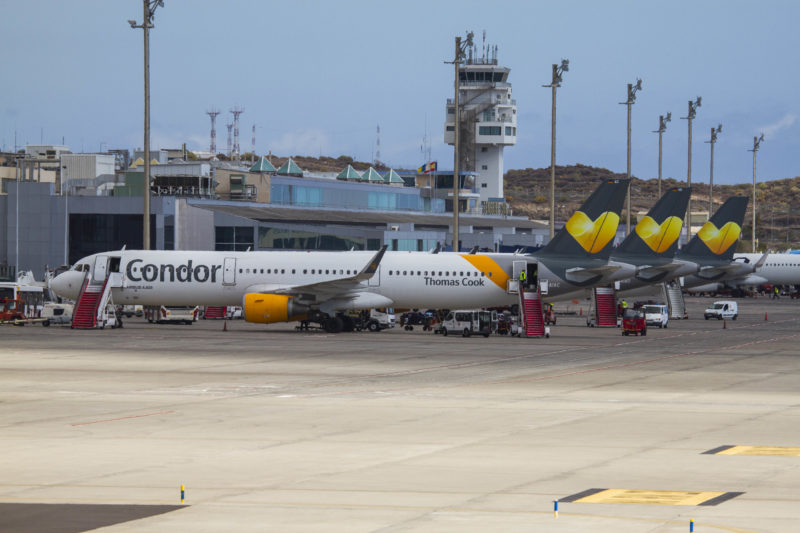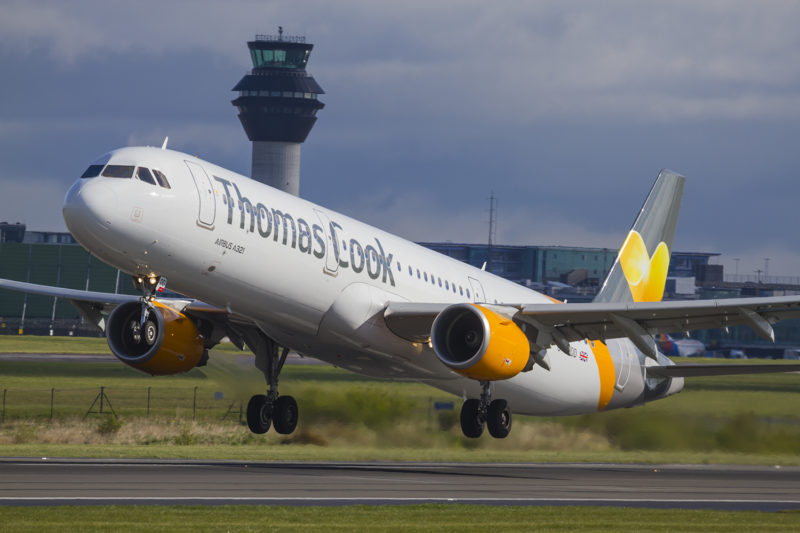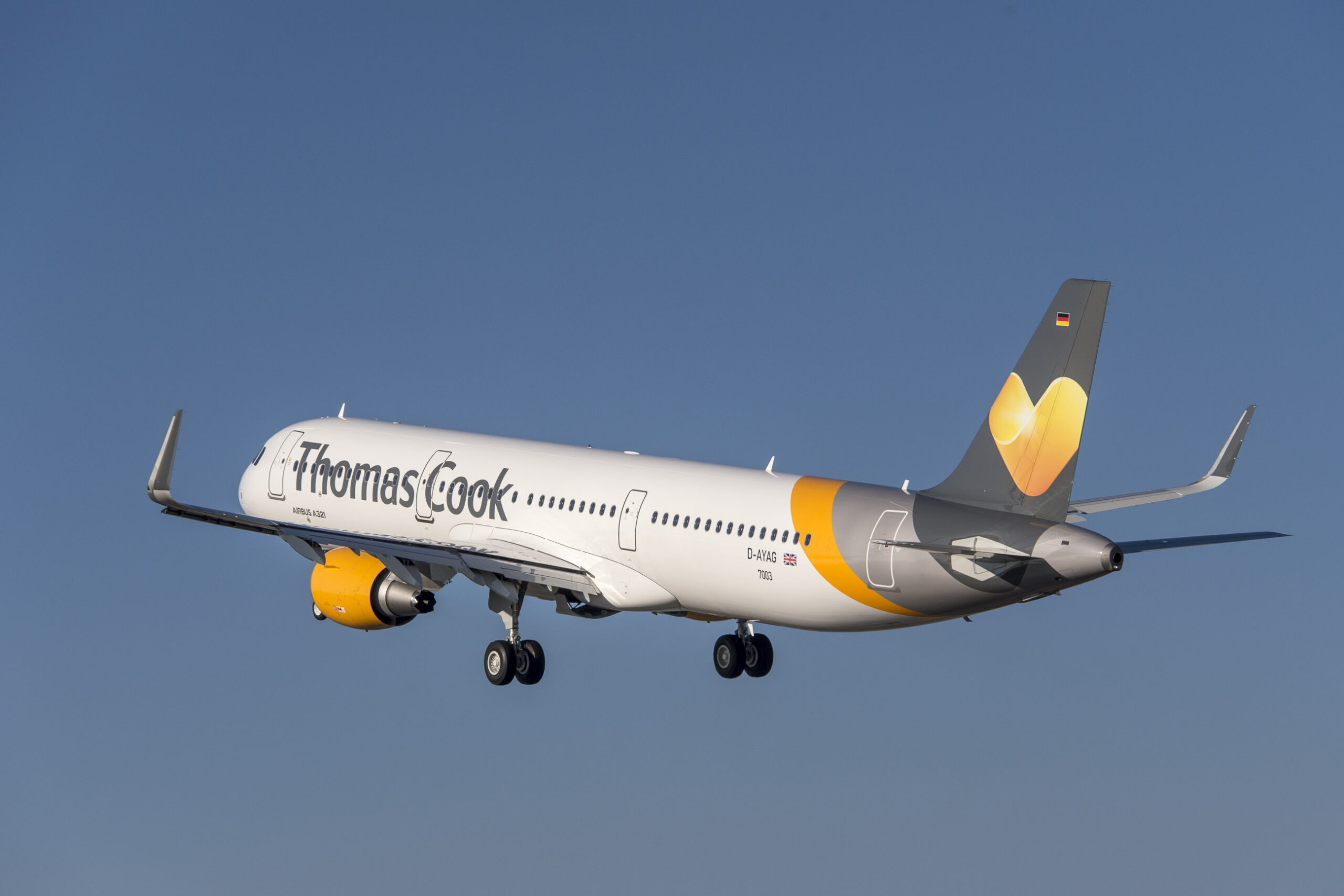Britain’s Thomas Cook, one of the world’s oldest and largest travel companies, is facing a race against time to stay afloat and as a consequence, they are looking for £200 million (€227 million) in extra funding to avoid its collapse.
Thomas Cook Group includes the famed operator of packaged tours as well as subsidiaries such as Thomas Cook Airlines, Condor, and Thomas Cook Hotels & Resorts.

The company had already reached a provisional agreement covering the “key commercial terms” of a £900 million capital injection involving Chinese tourism group Fosun.
This agreement included a £450 million contribution from Fosun, which would acquire at least 75% of Thomas Cook’s tour operator and 25% of its airline operation.
Another £450 million would come from primary banks and lenders to the company, which would also convert debt into equity – covering 75% of the airline and 25% of the tour operator. Thomas Cook says the parties aimed to implement the financial plan by early October.
The discussions involve not only Fosun and core lending banks but a “majority” of 2022-23 bondholders in Thomas Cook.
“The recapitalisation is expected to result in existing shareholders’ interests being significantly diluted, with a significant risk of no recovery.”
said Thomas Cook

In May, Thomas Cook reported in half-year results that it had a net debt burden of £1.25 billion. It said political uncertainty related to Britain’s departure from the European Union had led to softer demand for summer holidays. The company said higher fuel and hotel costs also were weighing on business.
“It is appalling that banks that owe their very existence to handouts from the British taxpayer show no allegiance to a great British company, Thomas Cook, when it needs help,” said Brian Strutton, general secretary of the British Airline Pilots Association.
“If Thomas Cook goes into administration it will cost the taxpayer as much to repatriate holidaymakers as it would cost to save Thomas Cook,” Strutton added.
A possible collapse could affect 150,000 British tourists and force the Civil Aviation Authority to return them to the country at an estimated cost of €682 million (£600 million).
The company employs about 22,000 people, 9,000 of them in the UK, and serves 19 million people a year in 16 countries.


